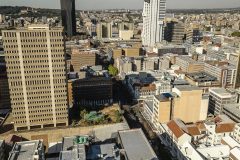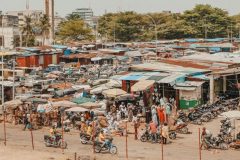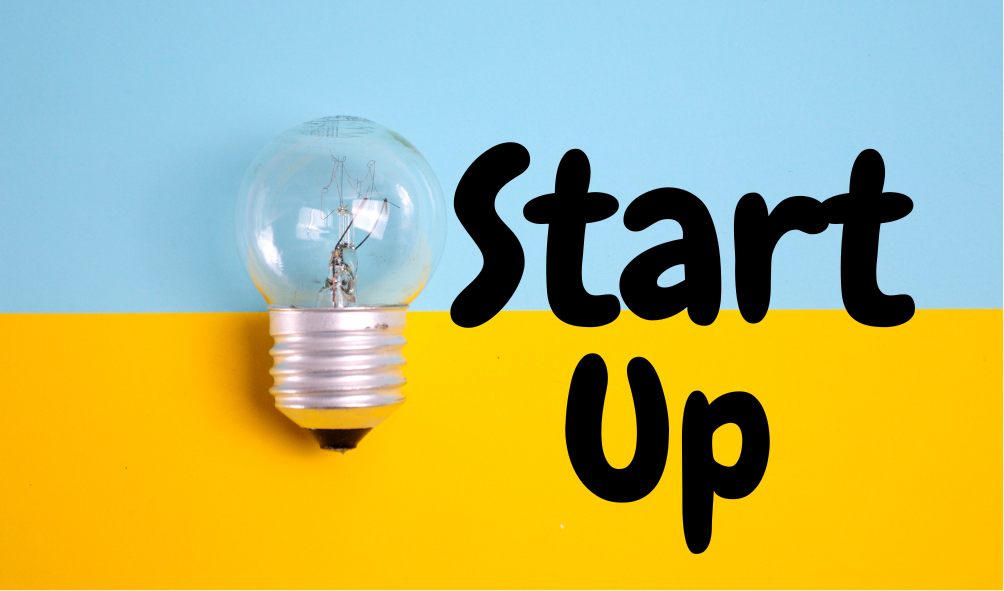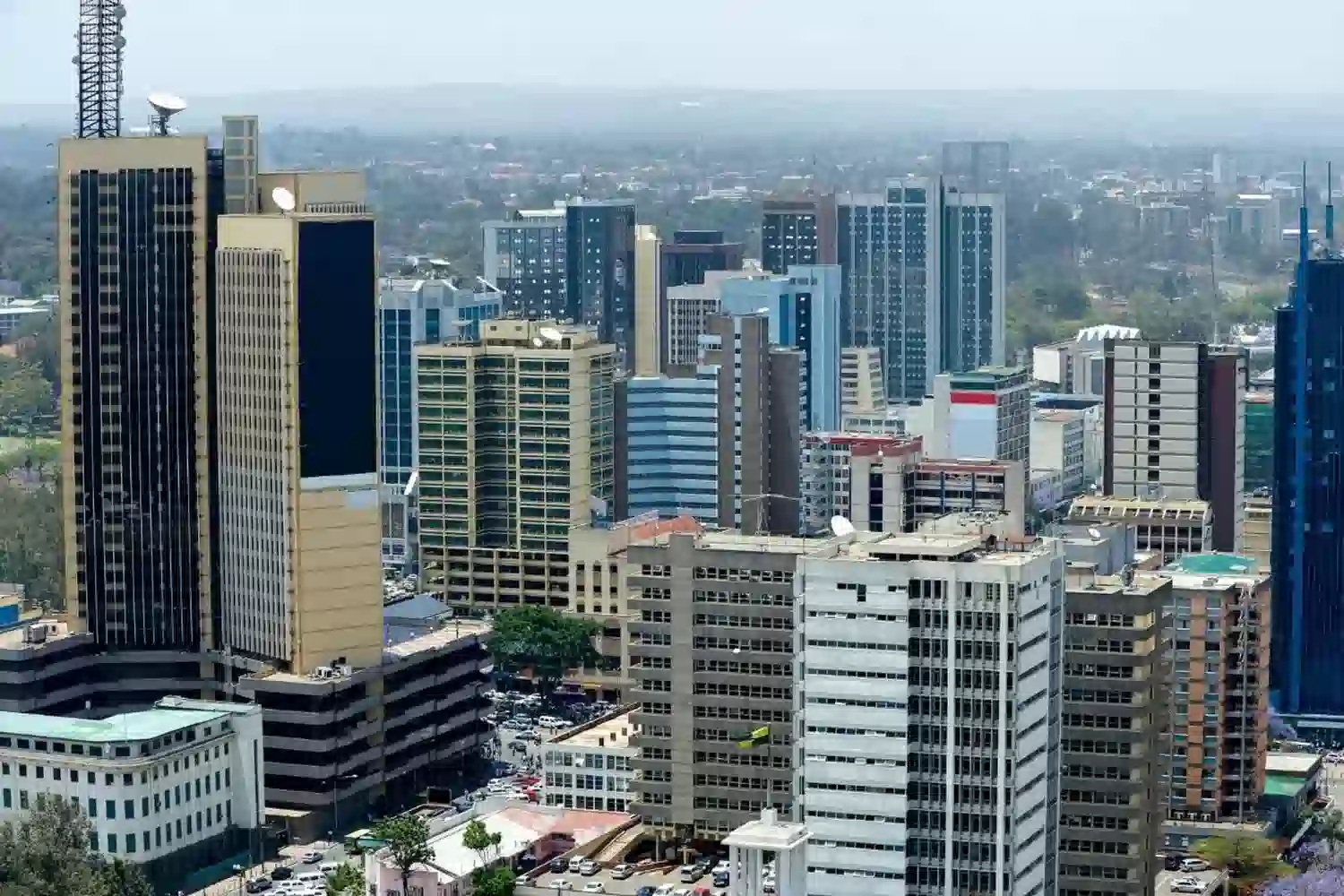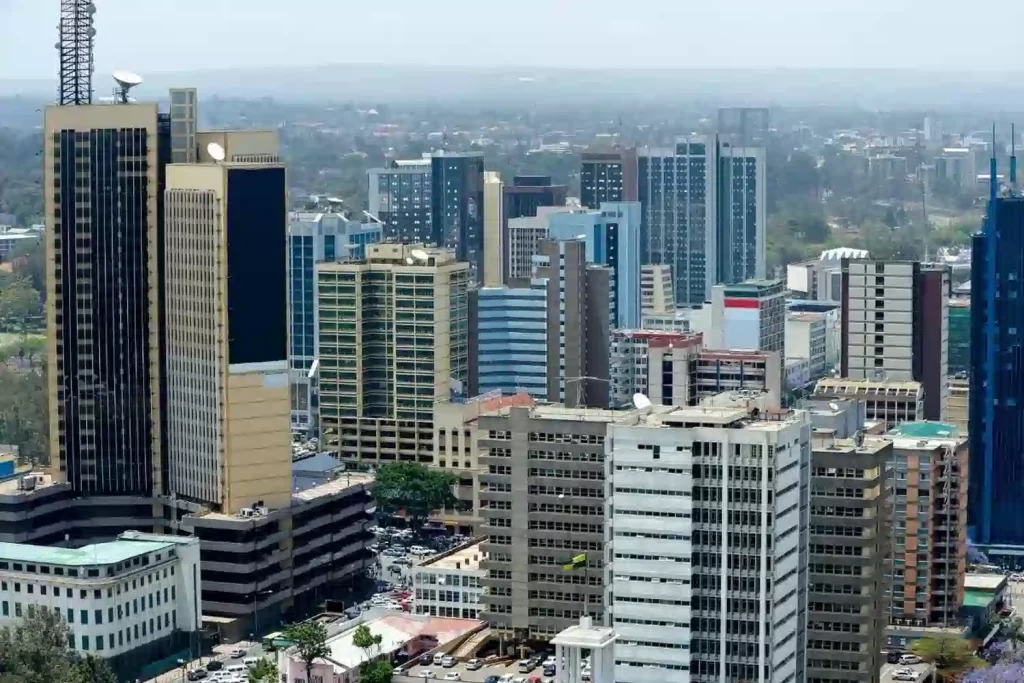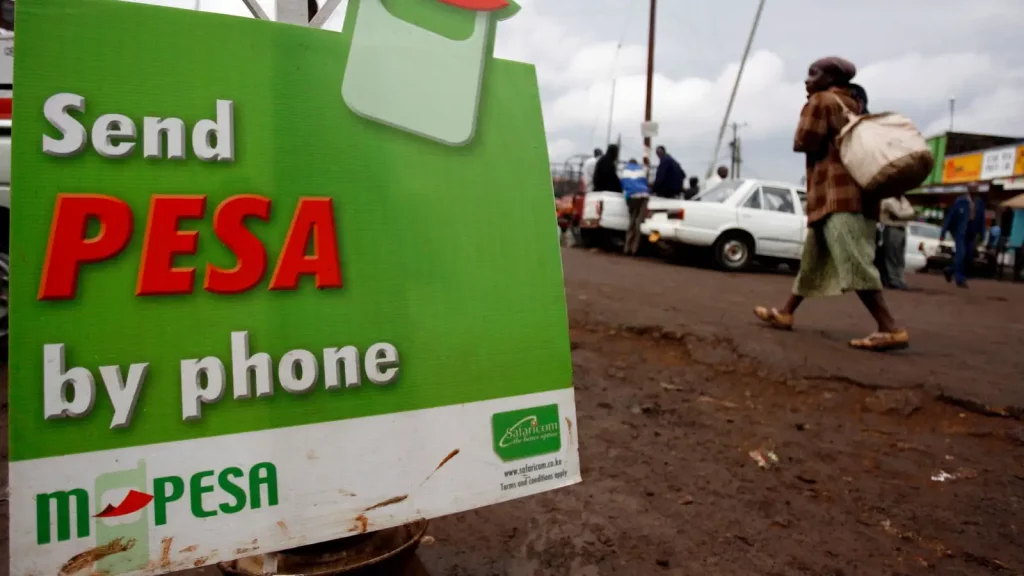This article was contributed to TechCabal by Conrad Onyango via bird story agency.
The Democratic Republic of Congo (DRC), one of the world’s most resource-rich countries, is carving out a new prosperity niche as it emerges on the global tech scene.
Known for its green metals, cobalt and copper, and the world’s second-largest rainforest, the newest member of the East African Community is having a moment in the startup ecosystem.
In 2023 the country raised $62 million in startup funds, making it the single largest contributor to startup funding growth (33% year-on-year) in the Central Africa region, where it is clustered.
“While being the only region to grow significantly, from $51m in 2022 to $68m in 2023, Central Africa continues to represent a fraction of the total funding, orders of magnitude smaller than its neighbours,” according to a report from Africa: The Big Deal.
Of other startup hubs in Central Africa, Cameroon recorded just US$4 million and Chad less than $2 million.
The huge central African country is ranked sixth on the continent, after Benin, and although each attracted less than $100 million in 2023, both toppled Ghana, a top contender in the ‘second tier’ of Africa’s startup rankings.
“There has been a drop in most of the countries, not just the big four,” said Co-Founder of Africa: The Big Deal, Max Cuvellier Giacomelli in a 2023 Start-up Funding Round-Up webinar, pointing also to expectations of the return of Ghana to the top tier of African startup investment destinations in the coming years.
Ghana ranked seventh in the report with US$57 million raised, after raising almost $103 million in 2022, according to Statista.
Benin raised $71 million.
Kenya topped Africa’s startup table with $800 million in startup funding, climbing by one position compared to 2022, despite a 29% drop in annual fundraising.
Egypt ($640 million) came in second, making North Africa the second most attractive market for the first time, followed by South Africa (US$600 million) while Nigeria (with $410 million) dropped from first position to fourth.
For the full year, 2023 fundraising by African startups dropped 39% year on year, from $4.6 billion in 2022 to $2.9 billion.
While the startup scene in the DRC is still in its infancy and does not feature in most global startup ecosystem rankings, several interesting startups have begun paving the way for greater recognition of the country as a startup hub.
Nuru, which focuses on solar energy, successfully raised $40 million in equity funding for its Series B round in July 2023, to grow its offering of utility-scale solar mini-grids in Goma, Kindu, and Bunia in the country’s east.
In June 2003, Tuma raised $500,000 in funding, the largest investment round raised for a Congolese fintech, ever.
In August, another fintech, VaultPay, secured a historic spot in Y Combinator’s 2023 summer cohort, becoming the first Congolese-led enterprise to be chosen among 202 startups worldwide for this prestigious program.
According to the Big Deal report, fintech (41%) and energy (28%) startups attracted the most funding in Africa for 2023. Energy rose from $670 million in 2022 to $800 million in 2023, while Fintech dropped from $1.8 billion in 2022 to $1.2 billion in 2023.
“Energy is the only sector – together with health-tech – that have seen year-on-year growth last year,” said Lead Venture Partner, Catalyst Fund and Co-founder of Africa – The Big Deal, Maxime Bayen.
In Eastern Africa, “nearly half a billion dollars raised by Sun King and M-Kopa alone,” helped propel the region’s total fundraising to $880m in 2023 – 31% of all start-up investment on the continent – according to the report, signalling the significant role of energy startups in the ecosystem.
In yet another indicator of its growing role, the DRC is likely to begin attracting more funding in the e-commerce space after the entry of Wasoko, valued at $625 million in the market. The e-commerce startup is among a few on the continent that has actively expanded to new markets (it also expanded into Zambia) at a time when many startups have announced plans for downsizing or even closing shop amidst an almost halt to new investment rounds.
In December 2022, the DRC joined a growing list of African countries such as Senegal, Nigeria and Tunisia to introduce startup acts in a bid to turbocharge their entrepreneurial ecosystems.










